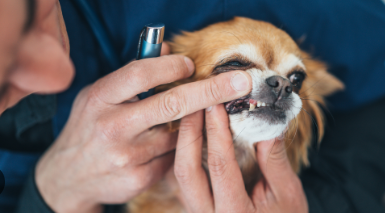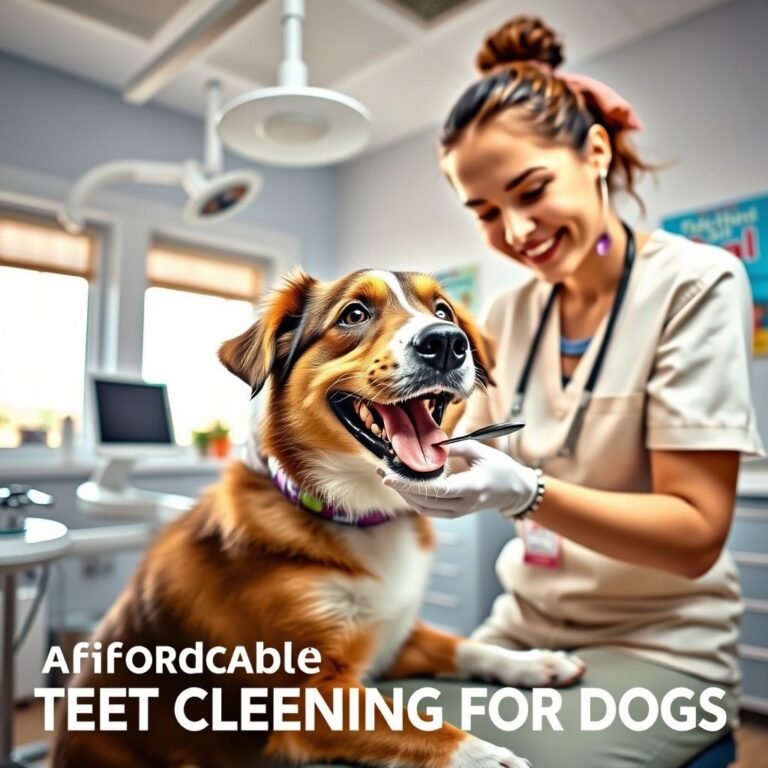The carnassial tooth abscess dog treatment cost: A Comprehensive Guide
Carnassial tooth abscesses are a common yet serious dental issue in dogs that can significantly impact their health and well-being. This article aims to provide a detailed and thorough exploration of the costs associated with treating a carnassial tooth abscess dog treatment cost. Whether you are a dog owner facing this issue or a veterinarian looking to inform your clients, this guide covers everything from diagnosis and treatment options to post-treatment care and associated costs. Our goal is to provide a comprehensive resource that is both informative and engaging.

Understanding Carnassial Tooth Abscesses in Dogs
What is a Carnassial Tooth Abscess?
A carnassial tooth abscess occurs when the largest premolar tooth, known as the carnassial tooth, becomes infected. This infection typically arises from periodontal disease, tooth fractures, or bacterial invasion. The condition can lead to significant pain and discomfort for the dog, making prompt treatment essential.
Symptoms and Diagnosis
Recognizing the symptoms of a carnassial tooth abscess is crucial for early intervention. Common signs include:
- Swelling on the side of the face, beneath the eye
- Difficulty eating or chewing
- Excessive drooling
- Bad breath
- Visible pus or discharge around the affected tooth
Veterinarians diagnose a carnassial tooth abscess through a combination of physical examination, dental X-rays, and sometimes advanced imaging techniques such as CT scans. Early diagnosis can prevent complications and reduce treatment costs.
Treatment Options and Associated Costs
Initial Consultation and Diagnostic Tests
The first step in treating a carnassial tooth abscess is a thorough veterinary consultation and diagnostic testing. This typically includes:
- Initial Examination: $50 – $150
- Dental X-rays: $100 – $250
- Blood Tests: $50 – $100
Treatment Approaches
There are several treatment options available, depending on the severity of the abscess and the overall health of the dog.
Antibiotic Therapy
For minor infections, veterinarians may prescribe antibiotics to control the infection and reduce inflammation. Costs for antibiotics can range from $30 to $100, depending on the type and duration of treatment.
Tooth Extraction
In many cases, extracting the affected tooth is the most effective solution. The cost of tooth extraction can vary widely based on several factors, including the dog’s size, the complexity of the extraction, and the veterinary clinic’s pricing structure. Typical costs include:
- Simple Extraction: $300 – $600
- Complex Extraction: $600 – $1,200
Root Canal Therapy
For owners who prefer to save the tooth, root canal therapy is an alternative. This procedure involves cleaning and sealing the infected tooth. Root canal costs are generally higher than extraction, ranging from $1,000 to $3,000.
Post-Treatment Care
Post-treatment care is essential to ensure proper healing and prevent recurrence. This may involve follow-up visits, pain management, and special dental care routines. Estimated costs include:
- Follow-up Visits: $50 – $100 per visit
- Pain Medication: $20 – $50
- Special Dental Care Products: $30 – $100
Factors Influencing Treatment Costs
Geographic Location
Veterinary costs can vary significantly based on geographic location. Urban areas with a high cost of living tend to have higher veterinary fees compared to rural areas.
Veterinary Clinic
The choice of veterinary clinic also plays a role in the overall cost. Specialized veterinary dental clinics may charge more than general veterinary practices due to their expertise and advanced equipment.
Dog’s Health and Size
The dog’s overall health and size can influence treatment costs. Larger dogs may require more anesthesia and longer surgical times, increasing the cost. Additionally, underlying health issues may necessitate additional tests and care.
Importance of Preventive Care
Regular Dental Check-Ups
Regular dental check-ups are crucial in preventing dental issues and catching problems early. Annual or bi-annual dental exams can help maintain your dog’s oral health and reduce the risk of expensive treatments in the future.
Dental Hygiene Practices
Implementing good dental hygiene practices at home, such as regular tooth brushing and providing dental chews, can significantly reduce the risk of dental problems. Investing in preventive care is often more cost-effective than treating advanced dental diseases.
Table: Average Costs of Carnassial Tooth Abscess Treatment Components
| Treatment Component | Cost Range |
|---|---|
| Initial Examination | $50 – $150 |
| Dental X-rays | $100 – $250 |
| Blood Tests | $50 – $100 |
| Antibiotic Therapy | $30 – $100 |
| Simple Extraction | $300 – $600 |
| Complex Extraction | $600 – $1,200 |
| Root Canal Therapy | $1,000 – $3,000 |
| Follow-up Visits | $50 – $100/visit |
| Pain Medication | $20 – $50 |
| Special Dental Care Products | $30 – $100 |
Conclusion
Treating a carnassial tooth abscess in dogs involves a range of costs depending on the severity of the condition and the chosen treatment method. By understanding these costs and the importance of preventive care, dog owners can make informed decisions to ensure their pets’ oral health. Regular dental check-ups and good hygiene practices are key to preventing costly dental issues and ensuring a happy, healthy life for your furry friend.
Frequently Asked Questions (FAQs)
What causes a carnassial tooth abscess in dogs?
A carnassial tooth abscess is typically caused by periodontal disease, tooth fractures, or bacterial infections. Poor dental hygiene and lack of regular dental care can increase the risk.
How can I prevent my dog from getting a carnassial tooth abscess?
Regular dental check-ups, proper dental hygiene practices like brushing your dog’s teeth, and providing dental chews can help prevent dental issues, including carnassial tooth abscesses.
Is root canal therapy better than tooth extraction for dogs?
Root canal therapy can save the tooth and is a good option for dogs with good overall health. However, it is more expensive than extraction. Tooth extraction is often recommended for severe infections or when cost is a concern.
How long does it take for a dog to recover from a tooth extraction?
Recovery time can vary, but most dogs recover within one to two weeks. Follow-up care and ensuring your dog follows post-operative instructions are essential for a smooth recovery.
Are there any risks associated with tooth extraction in dogs?
As with any surgical procedure, there are risks, including anesthesia complications and post-operative infections. Choosing a skilled and experienced veterinarian can help minimize these risks.
Additional Resources
- American Veterinary Dental College (AVDC): avdc.org
- American Kennel Club (AKC) Canine Health Foundation: akcchf.org
- Veterinary Oral Health Council (VOHC): vohc.org
By providing thorough information and addressing common concerns, this article aims to be a valuable resource for dog owners dealing with carnassial tooth abscesses. Regular preventive care and informed decision-making are essential to ensure the best outcomes for your pet’s dental health.


